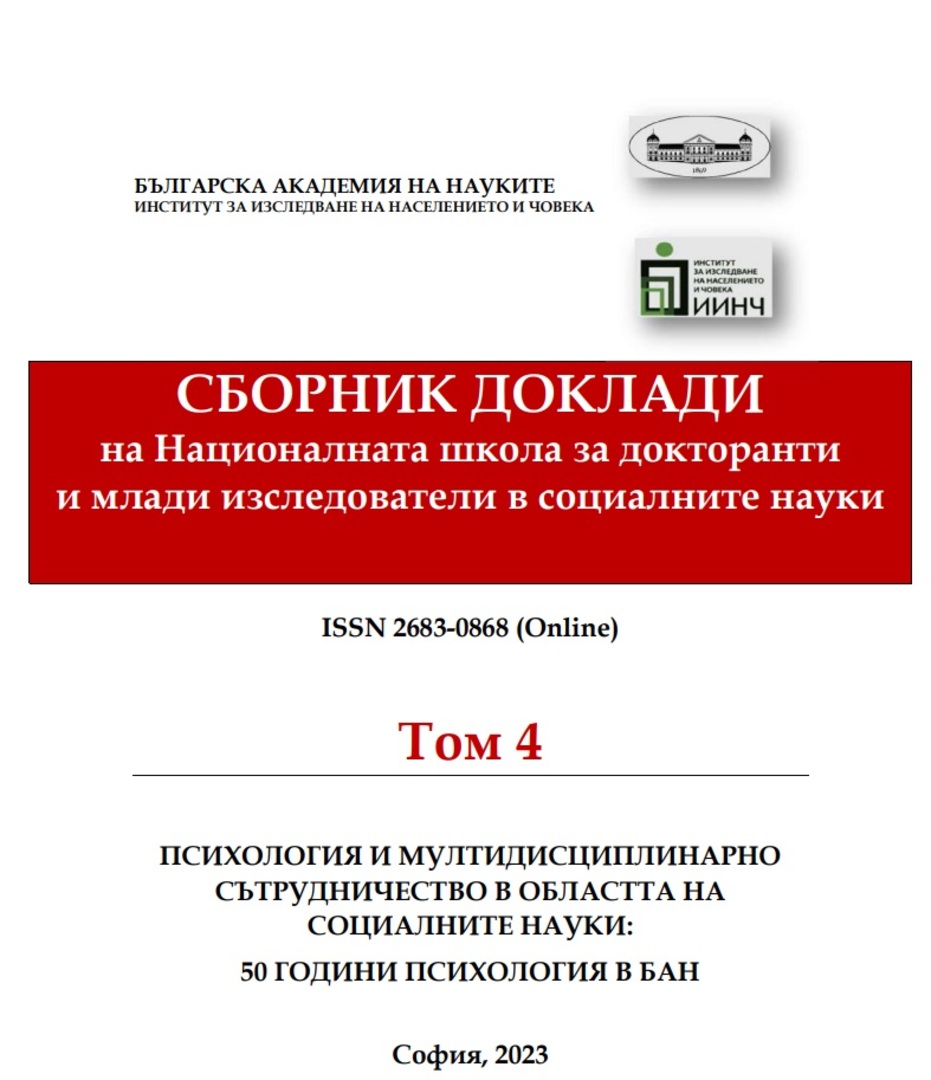Publications

The Problem of Trust - Comparative Analysis of Two Research Approaches
Social Trust
COLLECTED PAPERS OF THE NATIONAL SCHOOL FOR DOCTORAL STUDENTS AND YOUNG RESEARCHERS IN SOCIAL SCIENCES, 2023
A comparative analysis of Rother's social learning theory and social capital theory is presented. Rotter's (1967, 1971, 1980) social learning theory presents trust and trusting behavior as a learned response influenced by four variables-behavioral potential, expectations, reinforcement values, and situations. The result of this process is the establishment of stable individual differences in generalized expectations that one can rely on the verbal or written statements of others. Social learning theory posits that individuals' experiences of promised negative or positive reinforcement shape their expectations about that behavior, which are generalized across social agents. According to Rother, generalized belief can be acquired by learning from the behavior of social agents (parents, teachers, peers, etc.) and from verbal statements regarding others made by significant others or reliable sources of communication. At the same time, researchers in the field of social capital have argued that it is a multidimensional construct that encompasses different groups and levels (family and friends, citizens in society, state, and institutions) (Coleman, 1988; Cozzolino, 2011; Wray-Lake, Syvertsen, & Flanagan, 2016). Social capital approaches suggest that trust is a quality established among members of society or social networks that bind people together and foster norms of reciprocal cooperation. Based on the comparative analysis of these two approaches, an orientation for new research on the social psychological aspects of trust in different social settings is established.